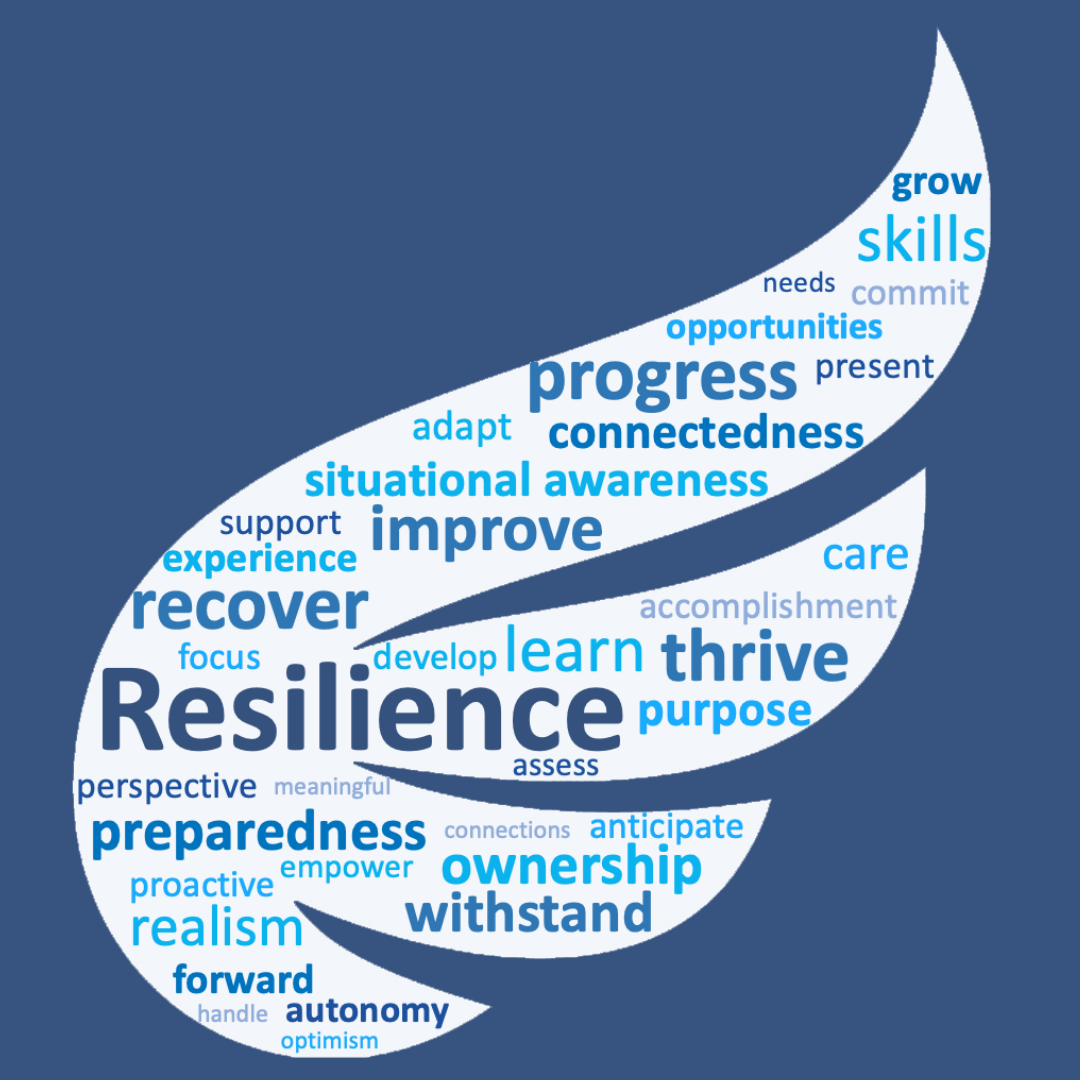Build your resilience
Power outages, natural disasters or other hazardous events, you know that it can happen and directly impact you. You know that there are some things that you can do to overcome the situation.
Prepared individuals and families are more resilient
Be proactive, transform intent into actions: start with an assessment of your needs, make a simple and realistic plan, build a kit, improve your emergency preparedness knowledge and skills. You will grow your perception of control and therefore maintain a hopeful outlook.
Some of us have a natural capacity for resilience and are able to face difficulties without lingering on the negative and move forward. Others might not have these qualities by nature, but they can work on it.
The good news is that resilience is something that can be developed.
Your level of resilience is made of genetics, personal experiences, social environment and situational context. Here are the key elements to build your individual resilience capacity, following them will help make you feel more confident, more in control and better able to be reactive, efficient and hopeful, in times where so much seems out of control.
Develop your individual resilience
Develop your situational awareness.
Assess your living environment and your personal needs.
Focus on what you can control.
Don't dwell on what you can't change about a situation.
Stay in the present moment.
You can't change the past but can learn from it, you can't predict the future but can prepare for it.
Combine optimism with realism.
Look for opportunities to grow and progress even in the toughest times.
Own everything you do.
If you don't own your mistakes, you can't own your successes.
Be proactive.
Don't ignore your problems face them without procrastinating.
Take care of yourself.
Maintain a balanced diet, ensure good sleep quality, practice physical exercise and partake hobbies.
Stay informed but not obsessed.
Maintain a level-headed perspective: facts vs. rumors or opinions.
Improve your social connectedness.
Build strong connections with your loved ones and actively support each other.
Develop a sense of purpose.
Align your purpose and values, commit to a meaningful mission.
Set personal step-by-step goals to look and move forward.
Achieve these goals and enjoy a sense of accomplishment and purpose.
Join the SPEro’s community and empower your capacity to handle uncertainty!

